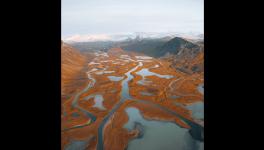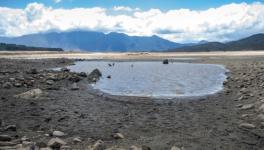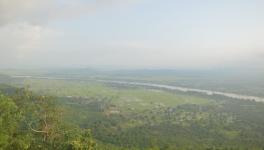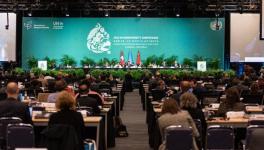Emperor Penguins, Reindeer Among Threatened Species: WWF
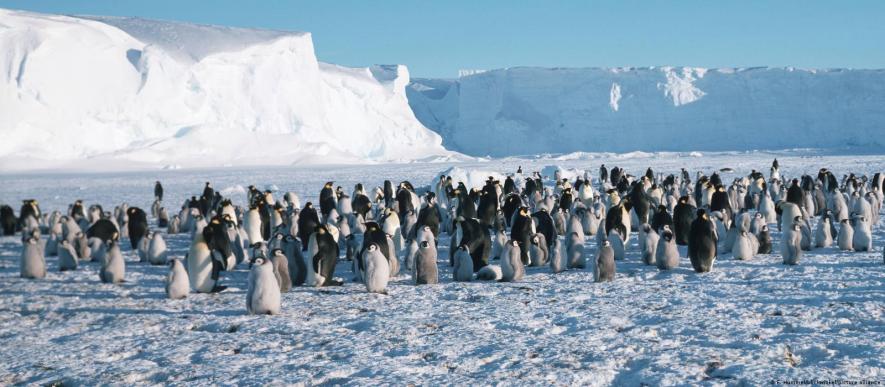
Emperor penguins, reindeer among threatened species
Emperor penguins and reindeer were among the species highlighted in a World Wildlife Fund (WWF) report as severely threatened by the cascading impacts of climate change.
In all, thousands of species are battling declining populations and an increase in threats, according to the international environmental organization's annual report, which was published on Thursday,
More than 42,100 animal and plant species are currently listed as threatened on the worldwide red list of endangered species, accounting for over 30% of all species found there, the report said.
Emperor penguins face extinction
In 2000, there were 1 million reindeer in the Taimyr region in the Russian Arctic. The largest population of reindeer at the time has now shrunk to barely a fourth of that size. WWF cited climate change and poaching are the primary causes of the loss.
The report also highlighted the plight of emperor penguins, saying, "At current greenhouse gas emission levels, between 80 and 100% of all known emperor penguin colonies are at risk of extinction by 2100."
The deaths of thousands of fish in August in the Oder River, which runs between Germany and Poland, also found a mention in the report.
According to experts, a poisonous algae species called Prymnesium parvum reproduced due to salt discharges, low water levels, and high temperatures, which killed thousands of young fish.
This was a setback for the reintroduction of the fish species known as the Baltic sturgeon, WWF said.
Tiger population increases
At the same time, the WWF study also cited the increase of the tiger population in Nepal and the protection of humpback whales in Australia as successful instances of species conservation.
According to an earlier WWF report, there has been a 69% drop in wildlife populations on average since 1970. This was attributed to "interlinked emergencies of human induced climate change and the loss of biodiversity."
Emphasizing the need for conservation WWF board member Christoph Heinrich said, "If we continue to destroy our nature at this rate, we humans will also be among the big losers."
"We don't get a second chance to save our planet."
Get the latest reports & analysis with people's perspective on Protests, movements & deep analytical videos, discussions of the current affairs in your Telegram app. Subscribe to NewsClick's Telegram channel & get Real-Time updates on stories, as they get published on our website.












